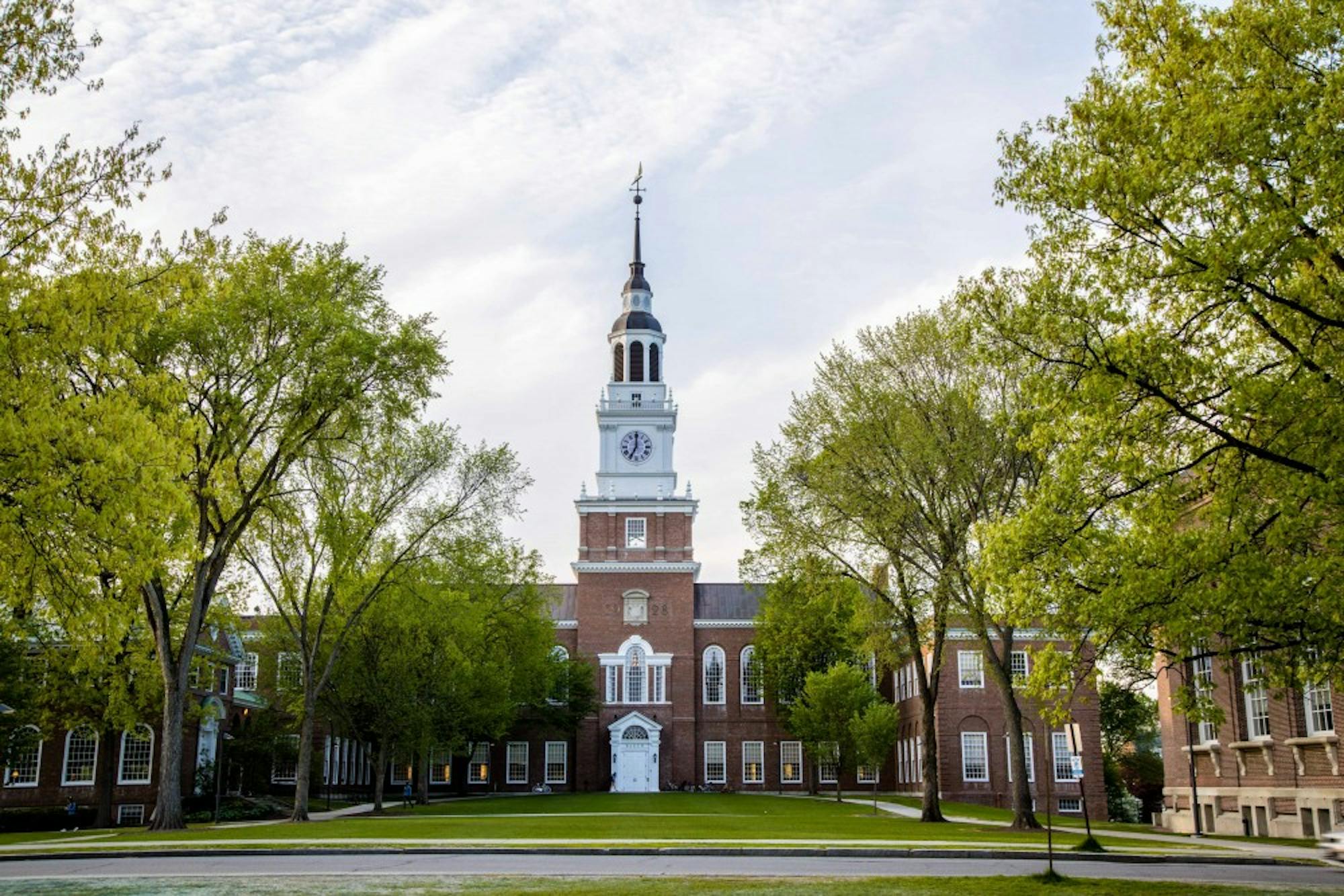The College’s Student and Presidential Committee on Sexual Assault has released a petition urging the College to change its policy regarding student transcripts during and after investigations of sexual assault.
Under Dartmouth’s current policies, students under investigation for sexual assault, or those who have been found responsible for sexual assault, can transfer to other institutions or places of employment without a notation on their transcripts indicating their past violations or investigation, according to SPCSA member Henry Tracey ’19. Former SPCSA executive chair Paulina Calcaterra ’19 said that SPCSA’s research of colleges with similar policies as Dartmouth has found that individuals under investigation or found responsible of sexual assault have transferred and committed additional acts of sexual assault at their new institutions.
The issue of the transcript policy was brought to light at an SPCSA round table meeting in the fall of 2018, according to Calcaterra. Round table meetings allow members of the Dartmouth community to weigh in on matters of sexual assault on campus.
Since the round table, members of SPCSA have researched Dartmouth’s internal policies on student transcripts under these circumstances, as well as the policies at other institutions, recommendations by the National Association of Registrars and the Association of Title IX coordinators, according to Calcaterra. She added that Dartmouth’s transcript policies fall under the jurisdiction of the registrar, and changes within this realm are usually decided by committees comprised of faculty members.
“We found a lot of evidence of cases where people had left schools in the middle of these procedures and then got on to continue harming people,” Calcaterra said. “Everyone realizes after the fact ‘Oh, this person slipped through the cracks and we didn’t know this when we accepted them.’”
Tracey said that there are two loopholes that allow students to transfer without their records revealing ongoing investigations of sexual assault or proven sexual assault. Students can either transfer to institutions that do not use the Common Application or immediately seek employment. In those two instances, Tracey said institutions “won’t uncover what’s wrong with the student’s application.”
SPCSA’s petition suggests two changes to the transcript policy, according to Calcaterra and Tracey. First, SPCSA is asking to include temporary notation to cover cases in which a student leaves during an investigation. The second change would include a permanent transcript notation if the student is found responsible.
College registrar Meredith Braz said in an email to The Dartmouth that she has been communicating with SPCSA members. She indicated that students with serious conduct violations attempting to transfer to another institution are required to answer questions about past conduct and provide “a Dean’s support.” Therefore, she wrote that she believes “‘repercussions’ exist.” Additionally, she stated that transcripts should only contain academic information.
In an email statement, College spokesperson Diana Lawrence reiterated the statement that “transcripts are purely academic.” Lawrence also explained what will happen going forward if the College agrees to bring the SPCSA’s petition to a vote.
“The faculty determine (by vote) what goes on the transcript and they determine how the policy should be enacted,” Lawrence wrote. “The faculty also determine the process for making any change, including the possible creation of subcommittees.”
Calcaterra said that SPCSA is not asking for other institutions to make a “value judgment” about transfers from Dartmouth. Rather, she said the group is advocating that “the College’s factual judicial record is plainly stated.”
Until the issue of transcript policies is brought before committee, Tracey said that he hopes the petition will pressure the administration and faculty to act and demonstrate widespread student support. Although the policy process may unfold slowly, student awareness and support could potentially expedite the process, according to Tracey.
“Our aim is to demonstrate that we have broad student support for the policy that we’re putting forward,” Tracey said. “The intention is to fill our role as advocates for the student voice to the administration.”



